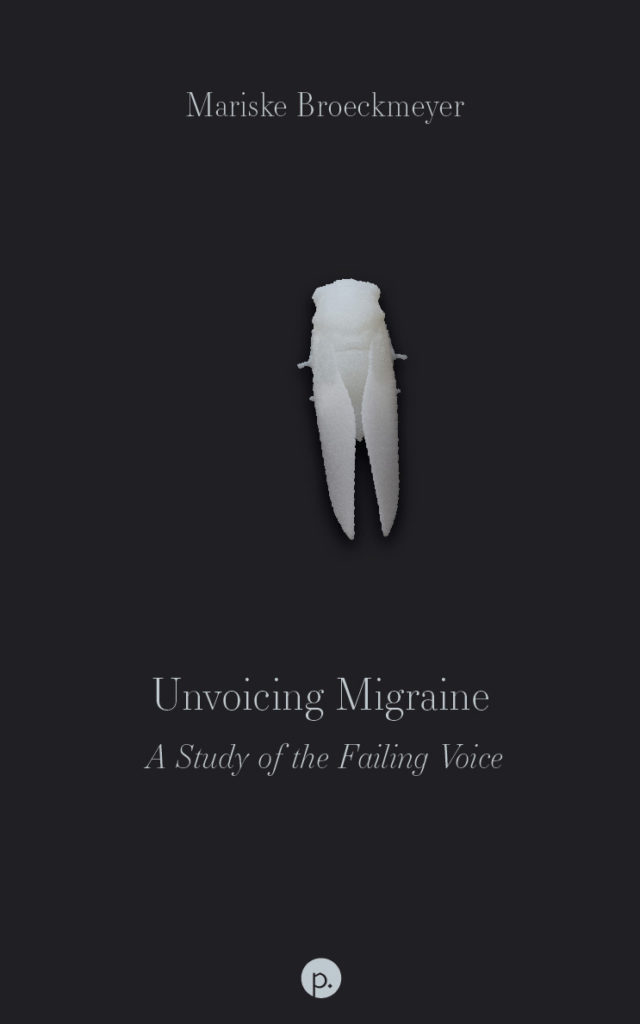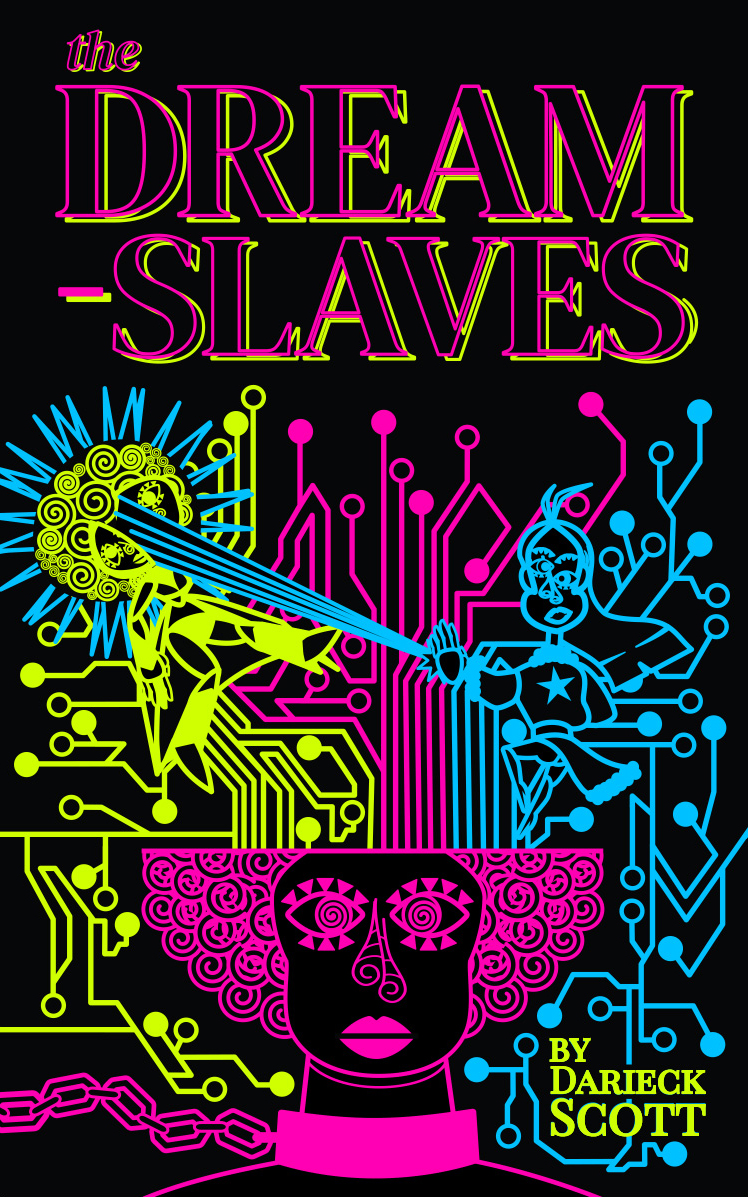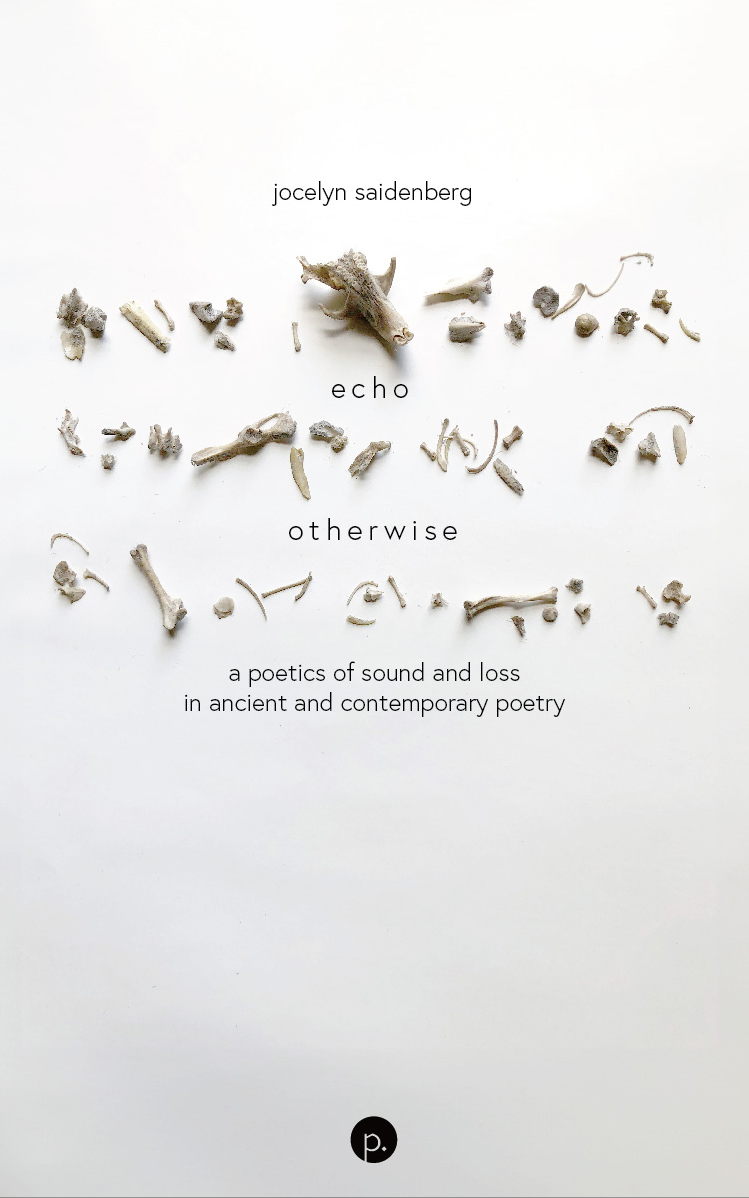These writings spring from an observation: When migraine arises, the voice fails. It does so on many levels, ranging from a vocal-technical disintegration to migraine-specific symptoms like dysarthria and aphasia, up to the muteness forced upon the sufferer by stigmatization. As a migraine-suffering singer, Marsike Broeckmeyer witnesses and experiences these alterations. Frequently, routinely, and almost faithfully, she retreats to the blackened bedroom when migraine manifests. Lying in silence, she notices how little of her vocal instrument remains intact and how distorted our relations become under these circumstances. Migraine mutes—it occupies the body and leaves muscles, lungs, larynx, and tongue under its command. In the attempt to describe these sufferings, Broeckmeyer has indeed stammered and fallen silent, unable to name the pain. But could it be that this failure holds some sort of potential? What might vocal failure reveal about the nature of the voice?
To these questions, Unvoicing Migraine lends an ear. Shuttling between theoretical findings and artistic practice, the book turns to concepts provided by voice theory, disability studies, and queer theory to engage in an artistic research that studies the devocalizing impact of migraine. The book also attempts to redefine the artistic practice of a singer, the author, when her vocal apparatus falters: it questions the singer’s relation to the stage and challenges the boundaries of performance. These aspects of vocality were not merely approached through an autotheoretical discourse, but through the creation of music and sound art that capture the failing voice and amplify it. Ultimately, Unvoicing Migraine looks at what lies beyond migraine, and makes note of its consequences and residues: stains the acid left on the carpet that transform into a woolly eye whose gaze morphs into a mouth that raves in a language we cannot always understand, but which Broeckmeyer transforms into migraine opera.





